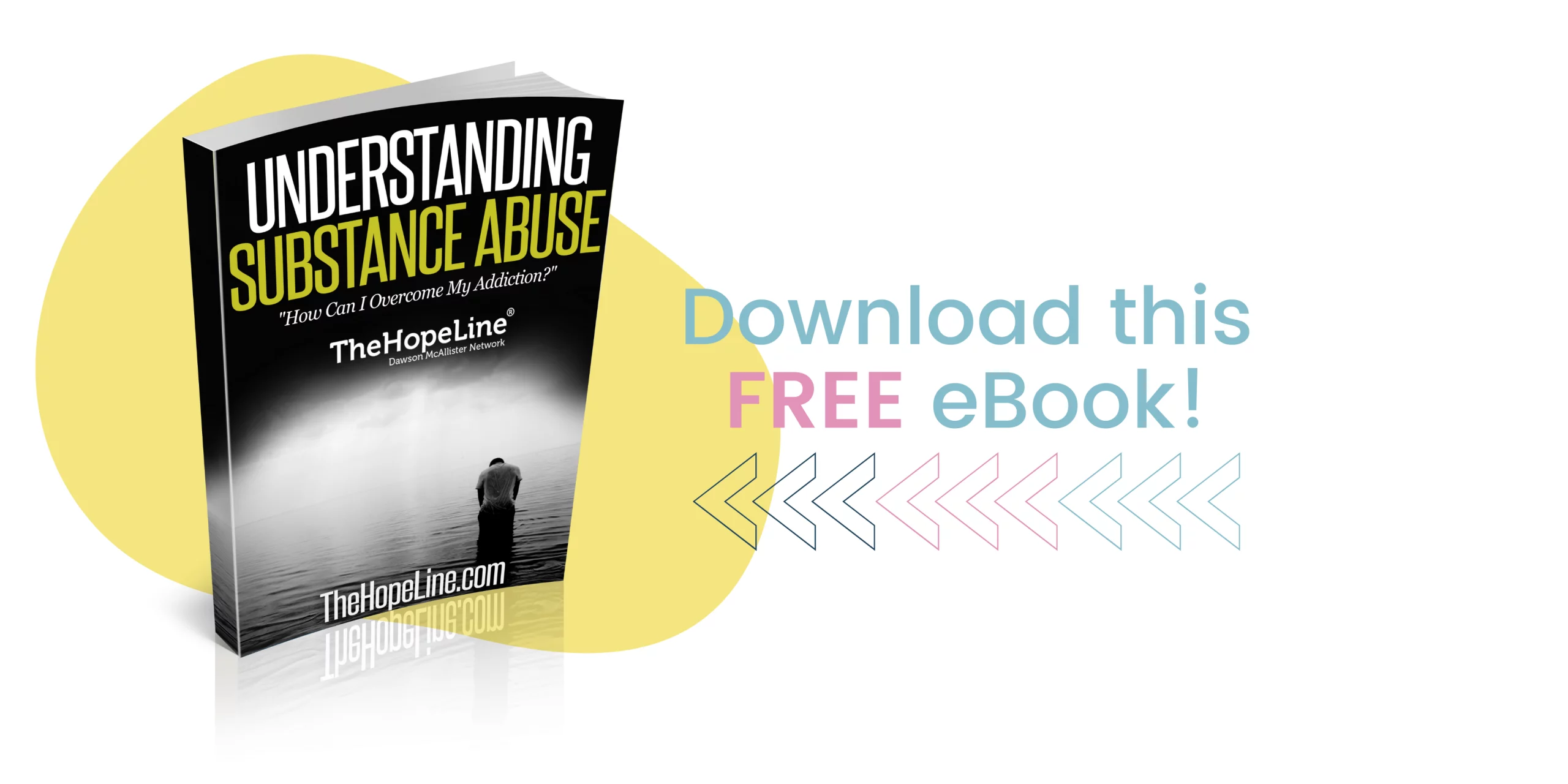How to Help a Friend Struggling with Addiction
I’ve talked with a lot of people whose lives have been impacted by addiction. It can be a roller coaster of ups and downs, depending on where someone is in their recovery process.
If you love someone with an addiction, one question is likely on your mind often: can I help? It’s natural to want to help someone you care about, and there are ways you can offer support. But it’s important to balance what you are able to do to show you’re in someone’s corner, and what is their responsibility.
Here are some ways I’ve seen people support friends and family in recovery while maintaining healthy boundaries.
Learn About Recovery
You’re already taking a great first step. Educating yourself about addiction and recovery can help you better understand some of the things your friend or family member is facing. Recovery is different for everyone, but your loved one’s journey likely follows a path others have taken.
It’s also okay to ask someone questions about their recovery. But I suggest keeping things general and letting them guide the conversation. Simply asking how you can be supportive will go a long way in making them feel less isolated.
Create a Safe Environment
One of the most difficult things about recovering after addiction is finding an environment absent of relapse triggers. Many social situations (bars, clubs, parties, etc.) encourage behaviors at the root of many people’s addictions. You can be a strong support to your loved one with addiction by creating an environment that avoids their relapse triggers. You can do this in a few ways:
- Trusting them when they say they need to keep their distance from certain people or groups of friends
- Have meals, parties, and social time without alcohol, or in places where alcohol is not served
- Letting your loved one choose times and places that support their recovery
Believe in Your Friend
Recovery can be very difficult for your loved one if they have to isolate themselves from the places connected with their addiction, or from the people with whom they used to engage in addictive behaviors.
Check in with your friend when you’re able to offer them a listening ear or a quiet place to recharge. Believe in them and their recovery. Pray for them when you think of it, and remind them of God’s love for them, no matter their past or present struggles.
Encourage them to celebrate the little things and remind them of what you love about them. You can’t take away their pain, but you can offer them comfort while they’re facing painful things, and that is something we all need from time to time.
Take Care of Yourself
Many of us who care for people going through a tough time tend to be so concerned for their wellbeing, we forget to take care of ourselves. Be sure that you don’t get too drained when supporting your friend in recovery. Take time to recharge by getting plenty of rest, nourishing yourself with healthy meals, and getting regular exercise. Give yourself a fun distraction from time to time. Go to a movie or do a hobby you enjoy.
You may also need extra support and guidance once you learn more about your friend’s addiction and have to watch them battle through recovery. It’s not easy. But it’s never hopeless.
At TheHopeLine, we’re here to listen and help you stay hopeful through challenging times. Talk to a HopeCoach when you need someone to listen. We’re here for you, and we believe you and your loved one can build a stronger relationship as they continue in recovery.
Being afraid to talk about addiction makes recovery challenging. If your loved one is afraid to talk about their addiction read this blog for advice on how to help them.



